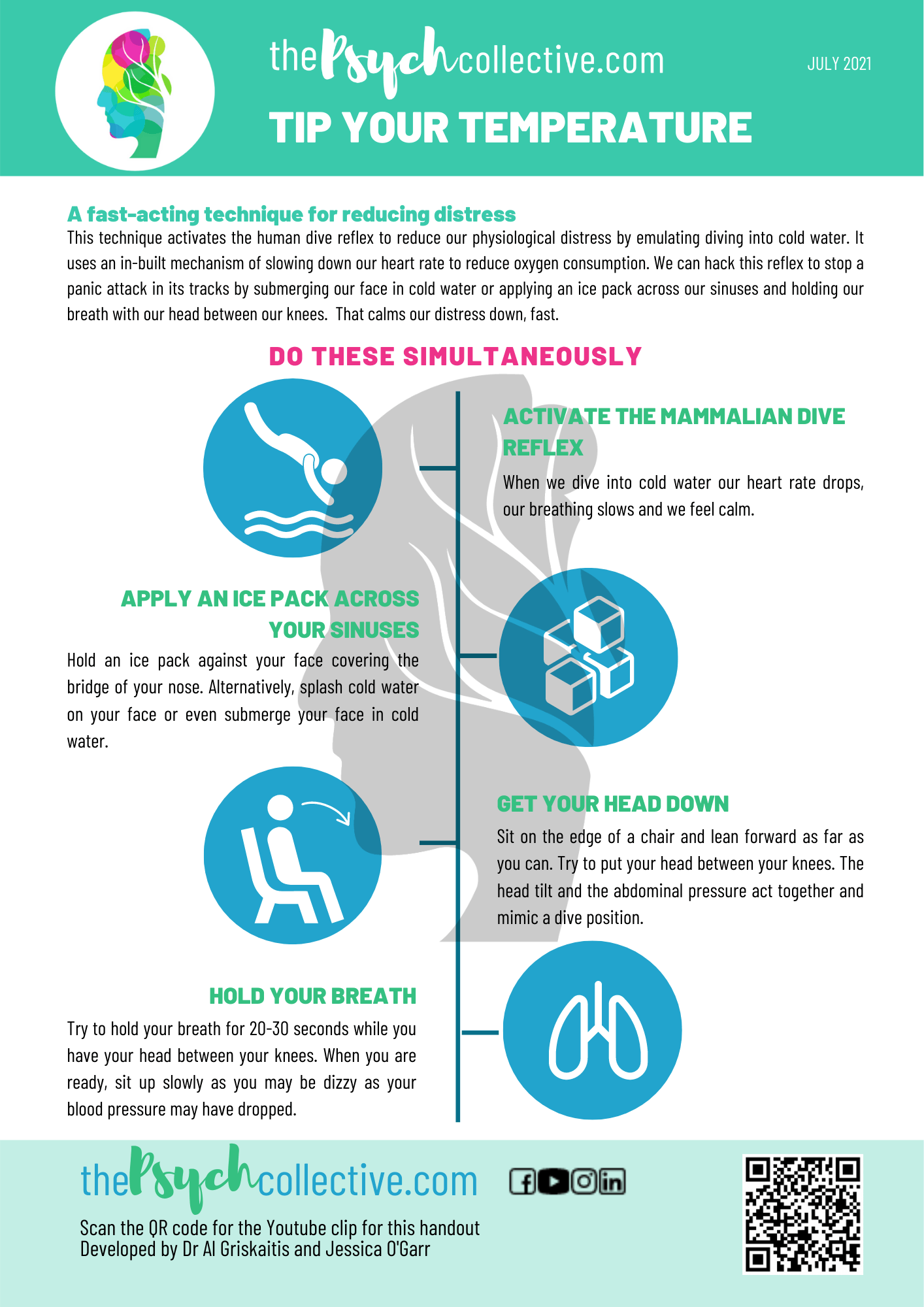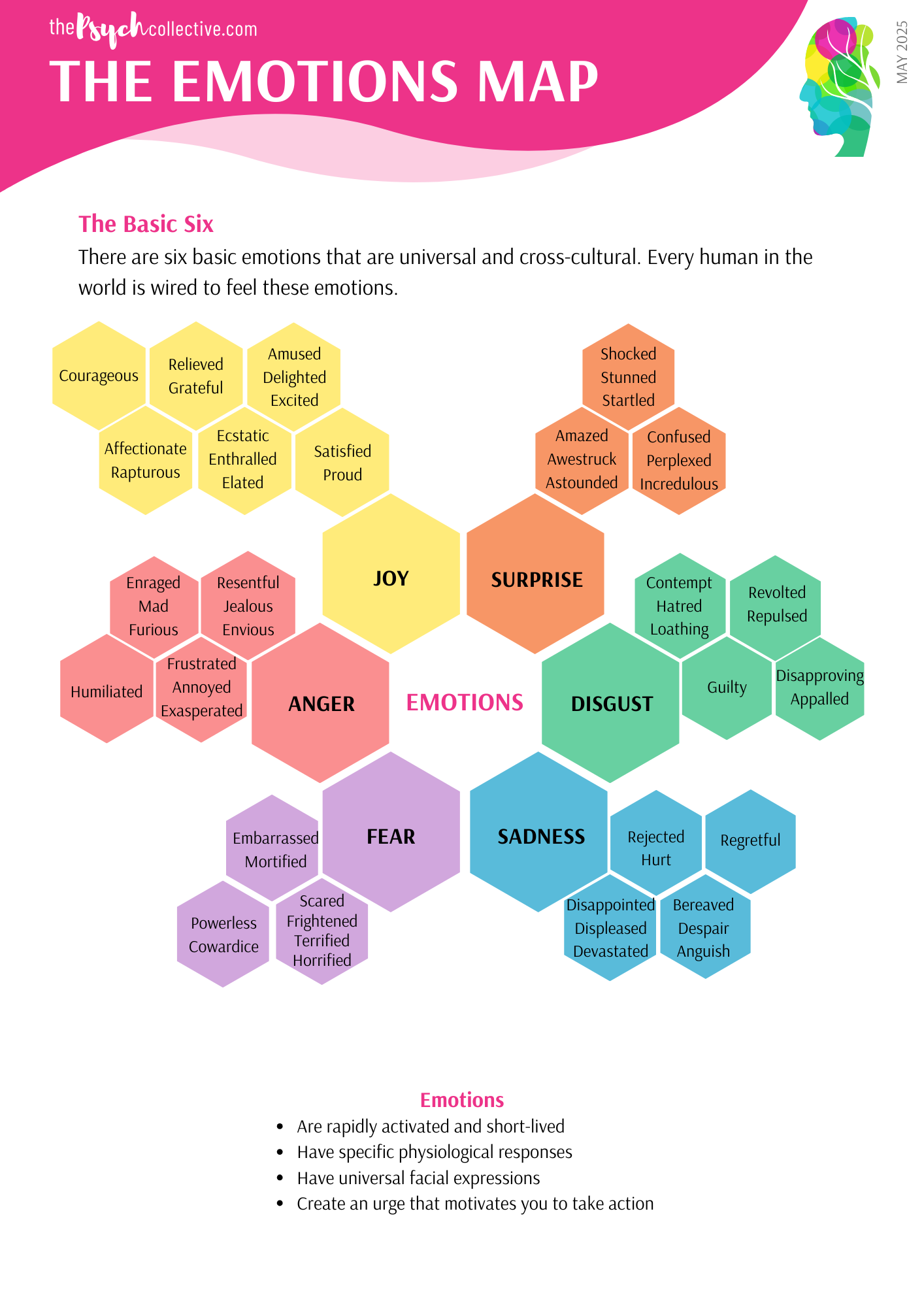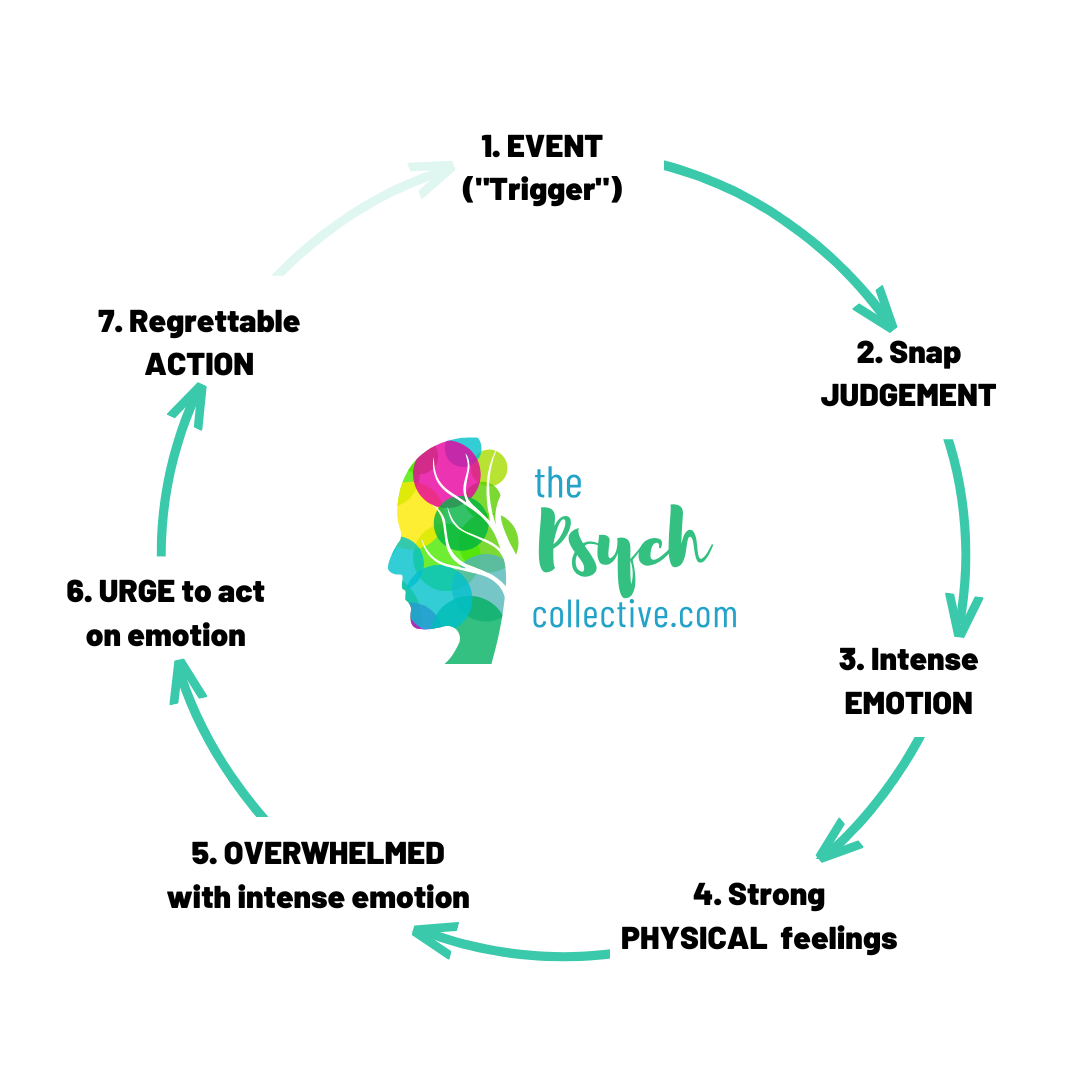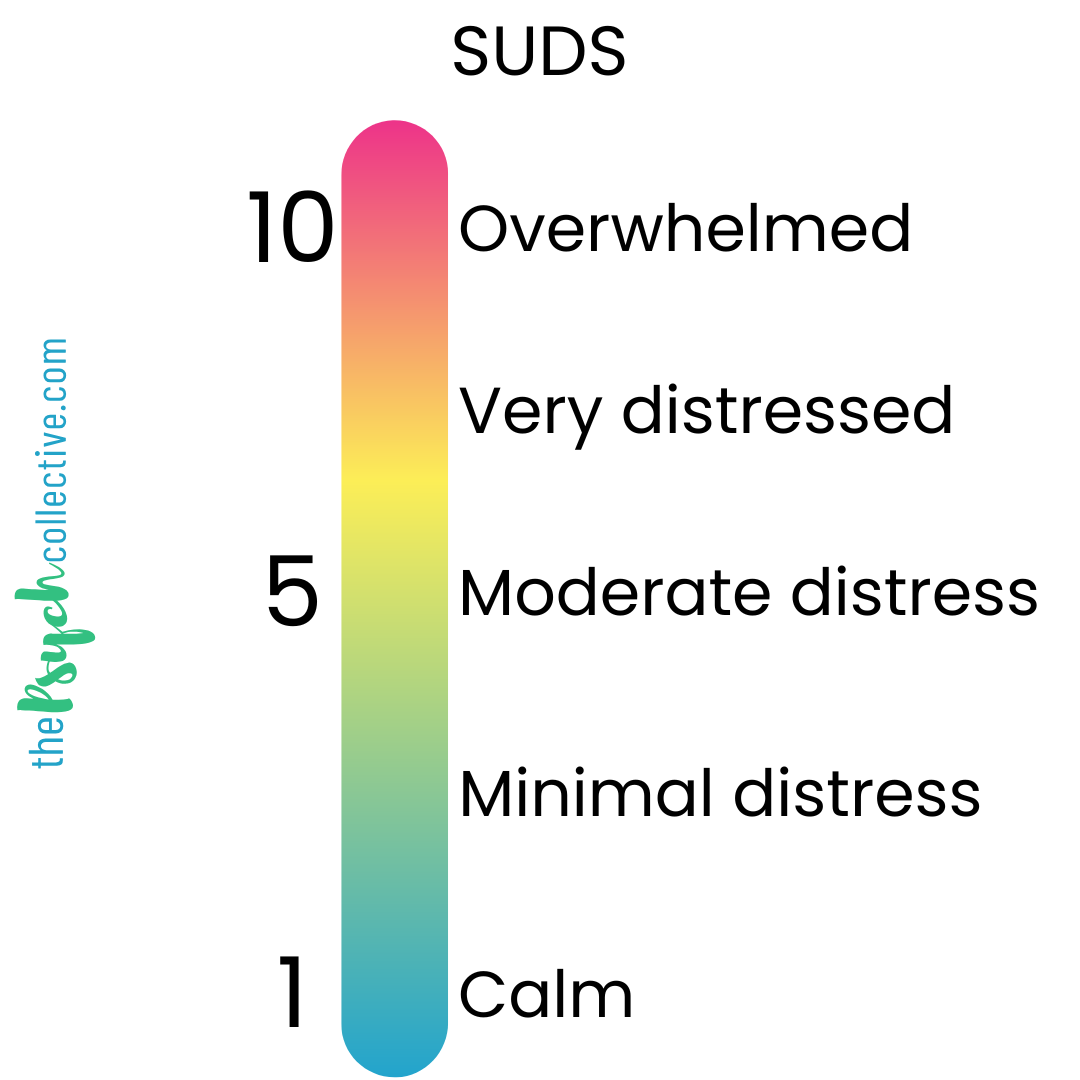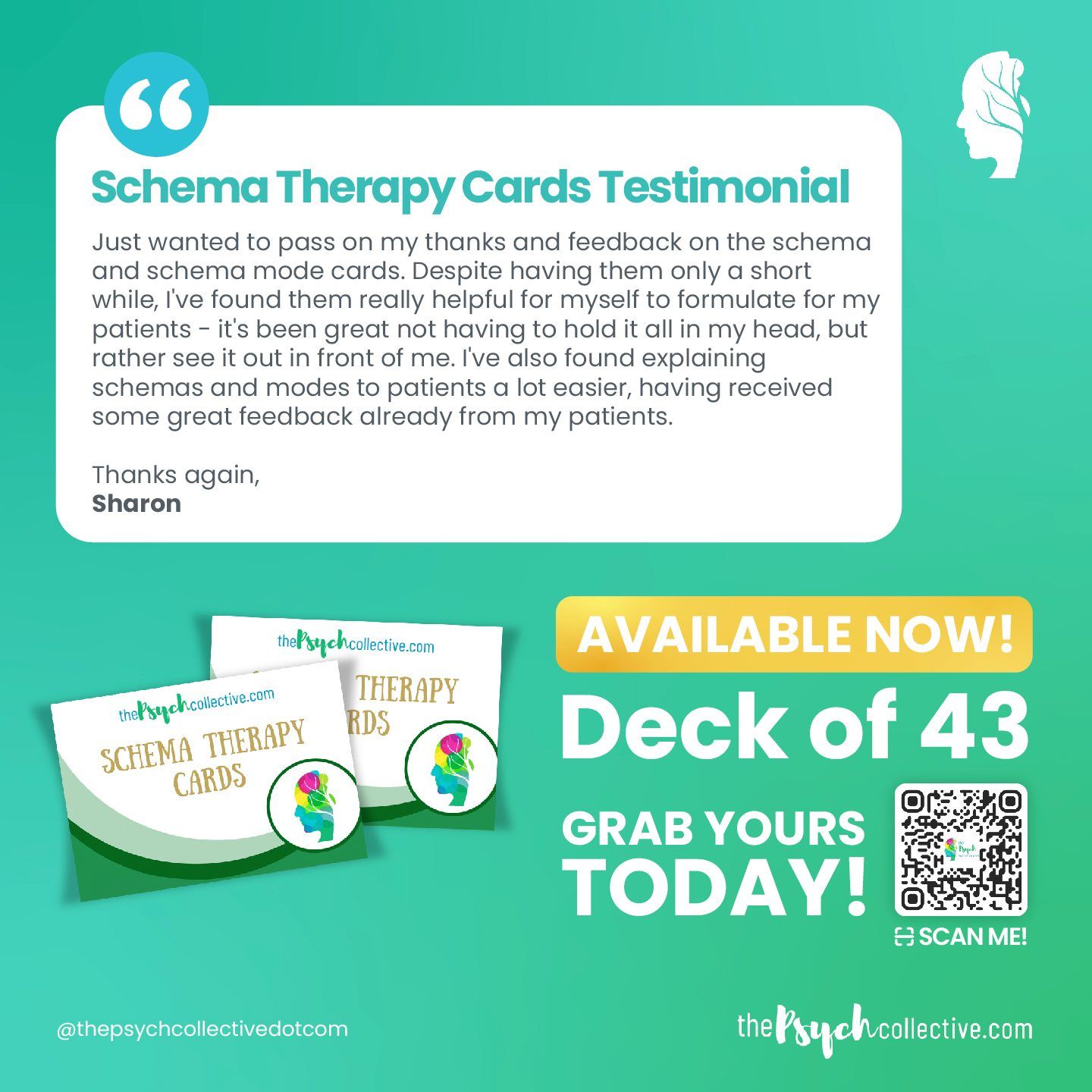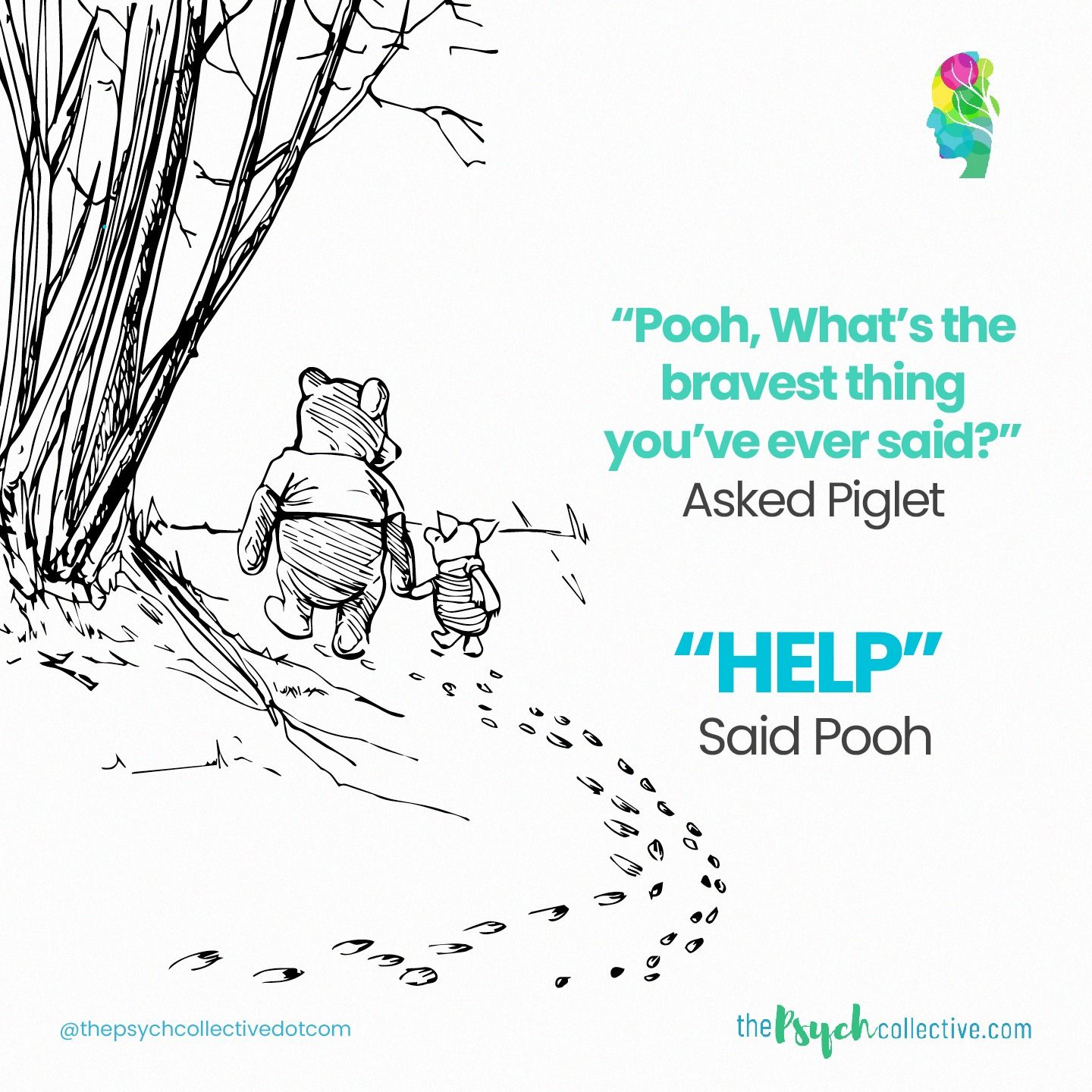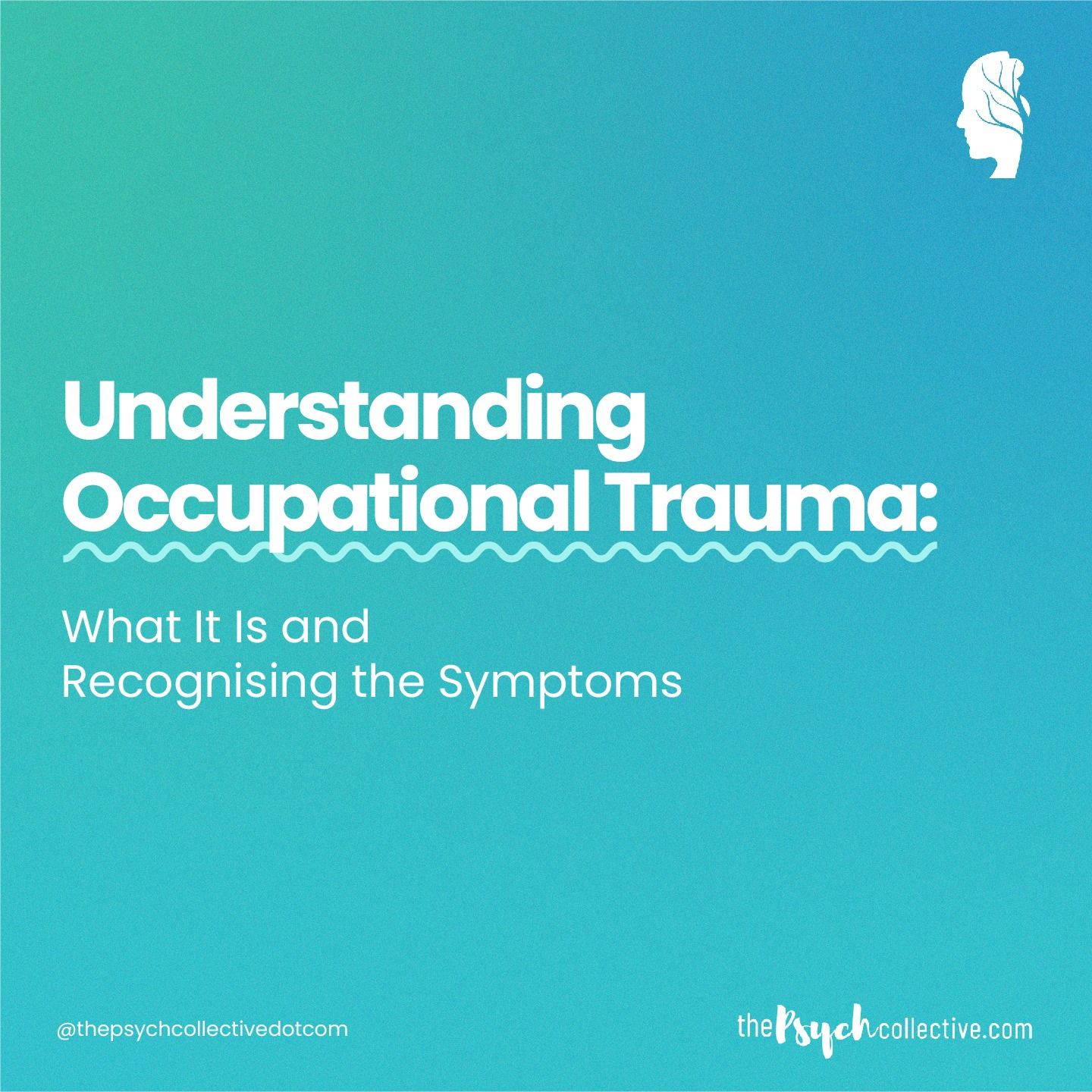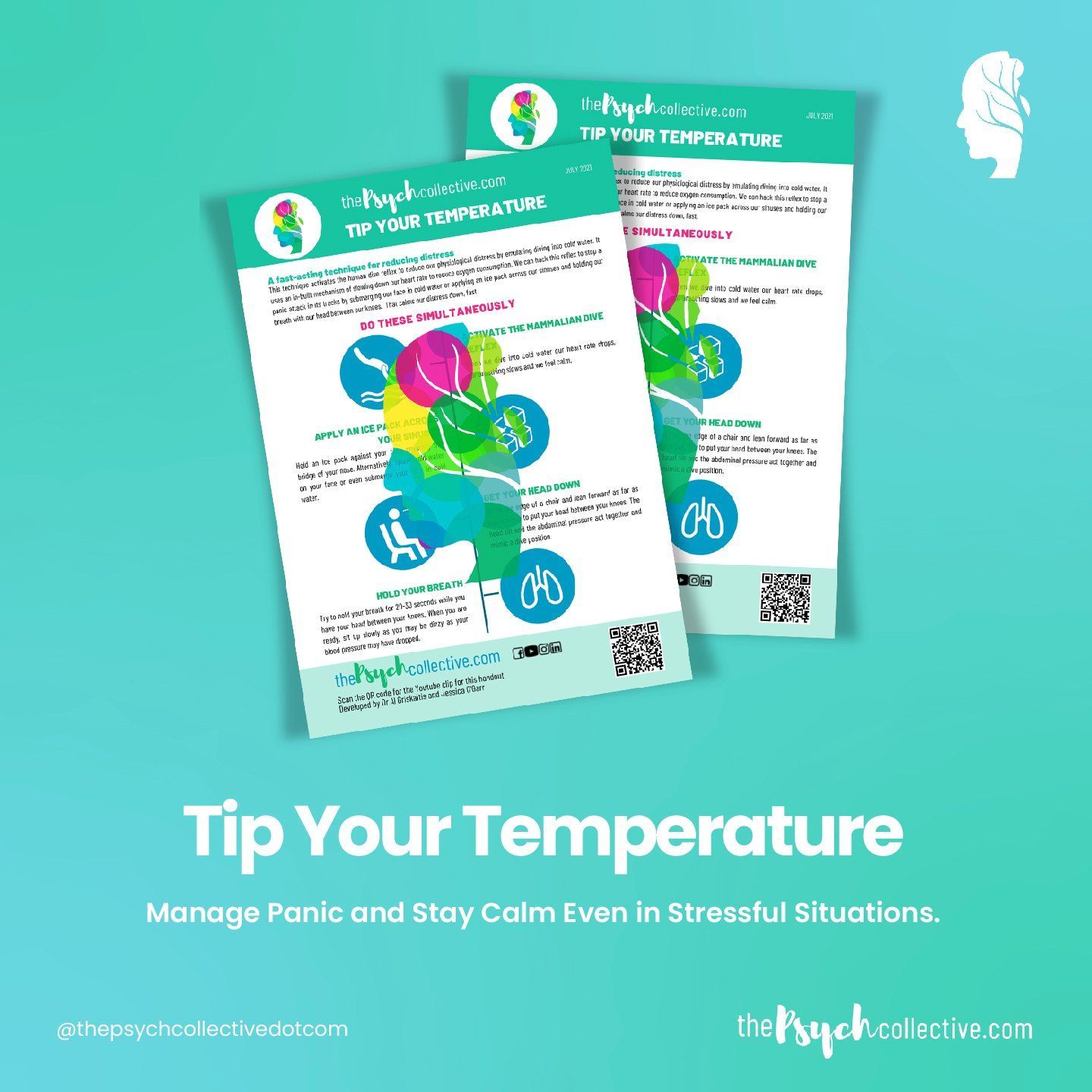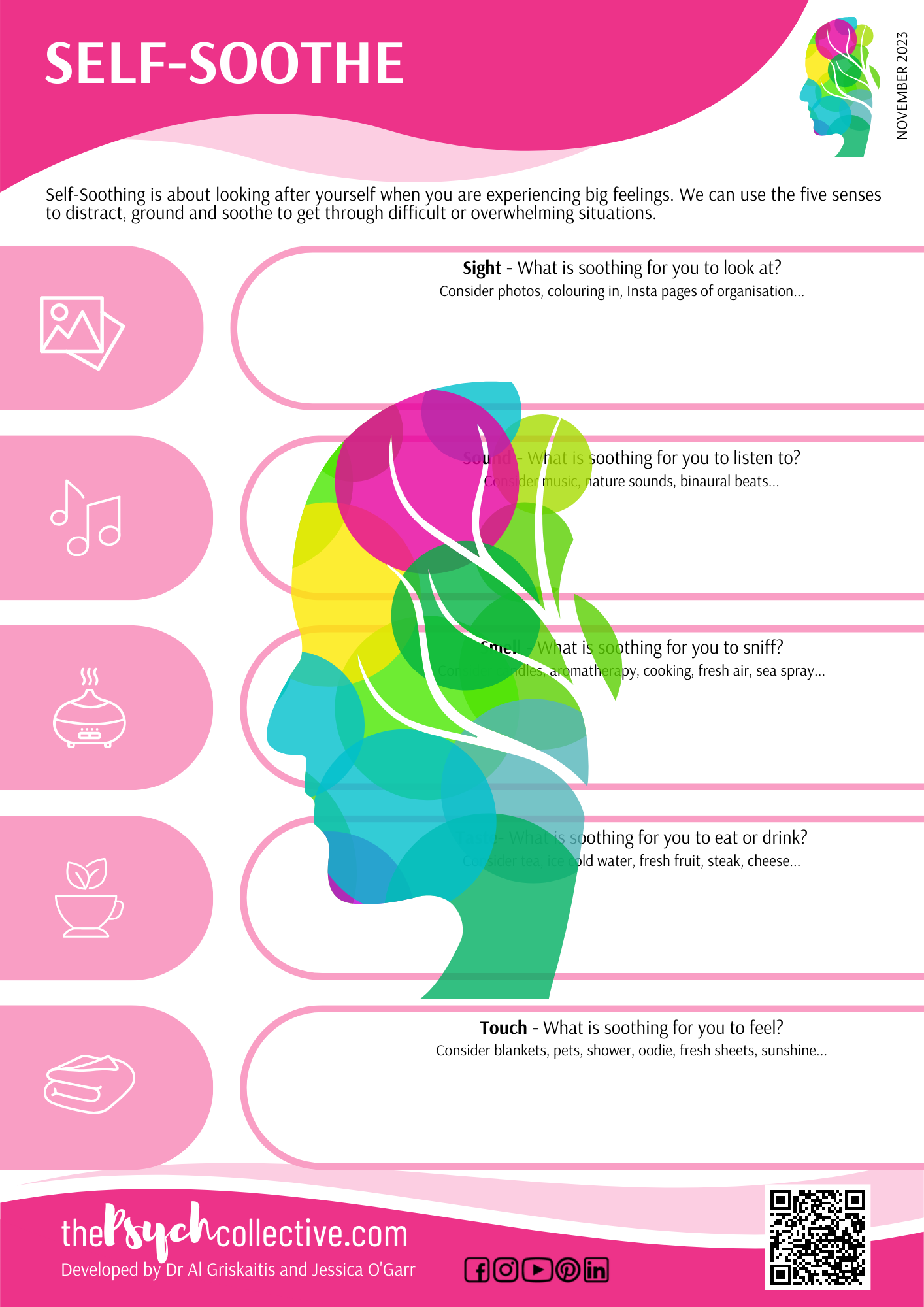TIP Your Temperature
A fast-acting technique for reducing distress
This technique activates the human dive reflex to reduce our physiological distress by emulating diving into cold water. It uses an in-built mechanism of slowing down our heart rate to reduce oxygen consumption. We can hack this reflex to stop a panic attack in its tracks by submerging our face in cold water or applying an ice pack across our sinuses and holding our breath with our head between our knees. That calms our distress down, fast.
To download the handout for this, go to our Resources page. It's free!
Share
Categories
About Our Resources
We offer actionable resources and teach real skills to help people make meaningful change in managing mental health issues through different modes depending on people's learning preferences including infographics, text, worksheets, handouts and video.

